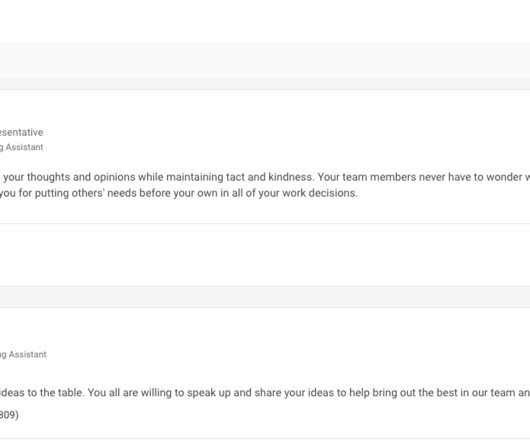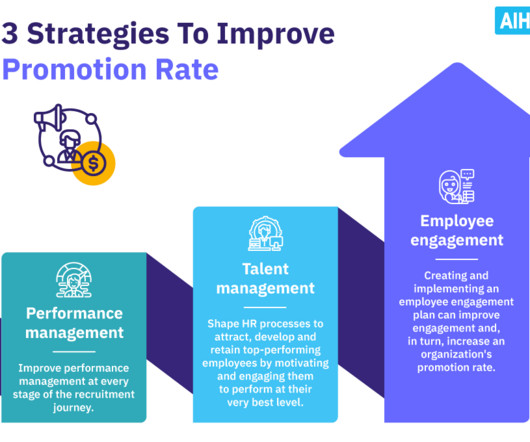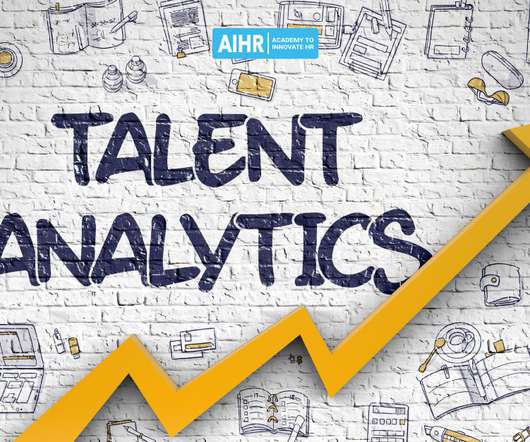How to Approach Employees About Career Development – Engagedly
Engagedly
NOVEMBER 17, 2023
How to Approach Employees About Career Development A LinkedIn report suggests that 94% of employees surveyed feel that providing learning and career development opportunities encourages them to stay longer with the organization. The process aims at planning, preparing for, and advancing an employee’s career over time.
































Let's personalize your content